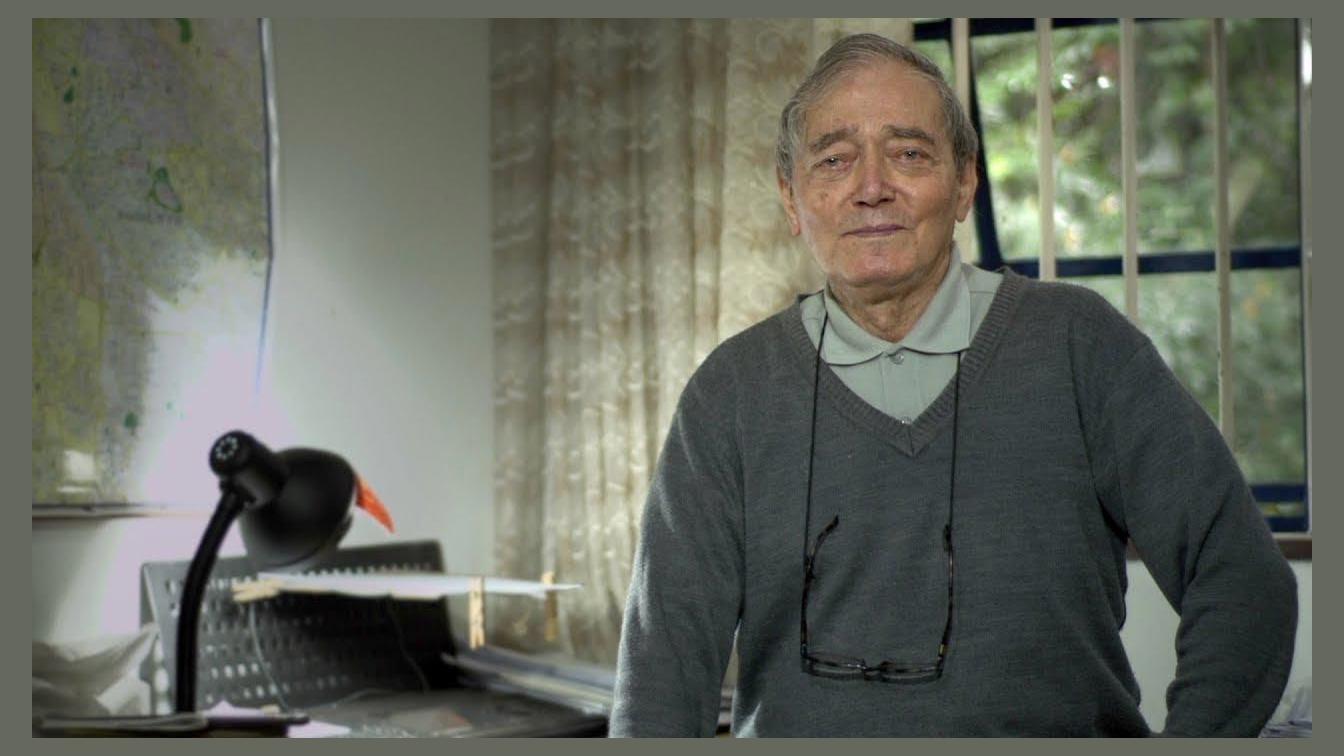 Padre José Weber
Padre José Weber
Padre José Weber: A Legacy of Sacred and Secular Music
Amid the hills of Caxias do Sul, Brazil, a young priest named José Weber embarked on a musical journey that would leave an enduring mark on the hearts of millions. Born in 1947, Weber's passion for music ignited early, and he began playing the guitar and composing songs at a tender age.
Early Influences and Formation
Weber's musical roots lay in the rich folk traditions of southern Brazil, particularly the "gauchesca" style that celebrated the culture and spirit of the region. Inspired by the likes of his mentor, Father Hilário Schneider, Weber sought to fuse these traditional elements with a modern, accessible sound.
The Birth of Padre José Weber
In the late 1960s, Weber formed the band Padre José Weber, a collective of musicians who shared his vision of creating music that was both sacred and secular. Their debut album, "Sim, Eu Quero" (Yes, I Want), released in 1971, became an instant hit, capturing the hearts of listeners with its uplifting lyrics and infectious melodies.
Challenges and Controversies
Weber's music, while widely acclaimed, also courted controversy. His songs often tackled sensitive topics such as poverty, social justice, and the role of the Church, which led to some criticism from conservative elements within the Catholic hierarchy. Despite these challenges, Weber remained steadfast in his belief that music could be a powerful force for good in the world.
Discography and Legacy
Over the next four decades, Padre José Weber released a prolific discography, spanning both sacred and secular albums. Some of his most notable works include "Canções de Amor e Esperança" (Songs of Love and Hope), "Deus é Pai" (God is Father), and "Meu Brasil" (My Brazil). His music has been translated into multiple languages and performed by countless choirs and musicians worldwide.
Members and Collaborations
Throughout his career, Weber was joined by a rotating cast of talented musicians who contributed to the band's unique sound. Notable members include guitarist Luiz Carlos Borges, percussionist Márcio de Paula, and vocalist Maria Helena. Weber also collaborated with a wide range of artists, including Milton Nascimento, Gal Costa, and Chico Buarque.
Recognition and Awards
Padre José Weber's contributions to Brazilian music were widely recognized. He received numerous awards, including the prestigious Ordem do Mérito Cultural (Order of Cultural Merit) from the Brazilian government. In 2015, he was inducted into the Hall of Fame of the Brazilian Music Academy.
Legacy and Impact
Padre José Weber's music continues to inspire and uplift generations of listeners. His songs have become anthems for social change, spiritual renewal, and the celebration of Brazilian culture. Through his unwavering faith and passion for music, Weber left an indelible mark on the world, reminding us of the transformative power of art and the enduring strength of the human spirit.
Amid the hills of Caxias do Sul, Brazil, a young priest named José Weber embarked on a musical journey that would leave an enduring mark on the hearts of millions. Born in 1947, Weber's passion for music ignited early, and he began playing the guitar and composing songs at a tender age.
Early Influences and Formation
Weber's musical roots lay in the rich folk traditions of southern Brazil, particularly the "gauchesca" style that celebrated the culture and spirit of the region. Inspired by the likes of his mentor, Father Hilário Schneider, Weber sought to fuse these traditional elements with a modern, accessible sound.
The Birth of Padre José Weber
In the late 1960s, Weber formed the band Padre José Weber, a collective of musicians who shared his vision of creating music that was both sacred and secular. Their debut album, "Sim, Eu Quero" (Yes, I Want), released in 1971, became an instant hit, capturing the hearts of listeners with its uplifting lyrics and infectious melodies.
Challenges and Controversies
Weber's music, while widely acclaimed, also courted controversy. His songs often tackled sensitive topics such as poverty, social justice, and the role of the Church, which led to some criticism from conservative elements within the Catholic hierarchy. Despite these challenges, Weber remained steadfast in his belief that music could be a powerful force for good in the world.
Discography and Legacy
Over the next four decades, Padre José Weber released a prolific discography, spanning both sacred and secular albums. Some of his most notable works include "Canções de Amor e Esperança" (Songs of Love and Hope), "Deus é Pai" (God is Father), and "Meu Brasil" (My Brazil). His music has been translated into multiple languages and performed by countless choirs and musicians worldwide.
Members and Collaborations
Throughout his career, Weber was joined by a rotating cast of talented musicians who contributed to the band's unique sound. Notable members include guitarist Luiz Carlos Borges, percussionist Márcio de Paula, and vocalist Maria Helena. Weber also collaborated with a wide range of artists, including Milton Nascimento, Gal Costa, and Chico Buarque.
Recognition and Awards
Padre José Weber's contributions to Brazilian music were widely recognized. He received numerous awards, including the prestigious Ordem do Mérito Cultural (Order of Cultural Merit) from the Brazilian government. In 2015, he was inducted into the Hall of Fame of the Brazilian Music Academy.
Legacy and Impact
Padre José Weber's music continues to inspire and uplift generations of listeners. His songs have become anthems for social change, spiritual renewal, and the celebration of Brazilian culture. Through his unwavering faith and passion for music, Weber left an indelible mark on the world, reminding us of the transformative power of art and the enduring strength of the human spirit.